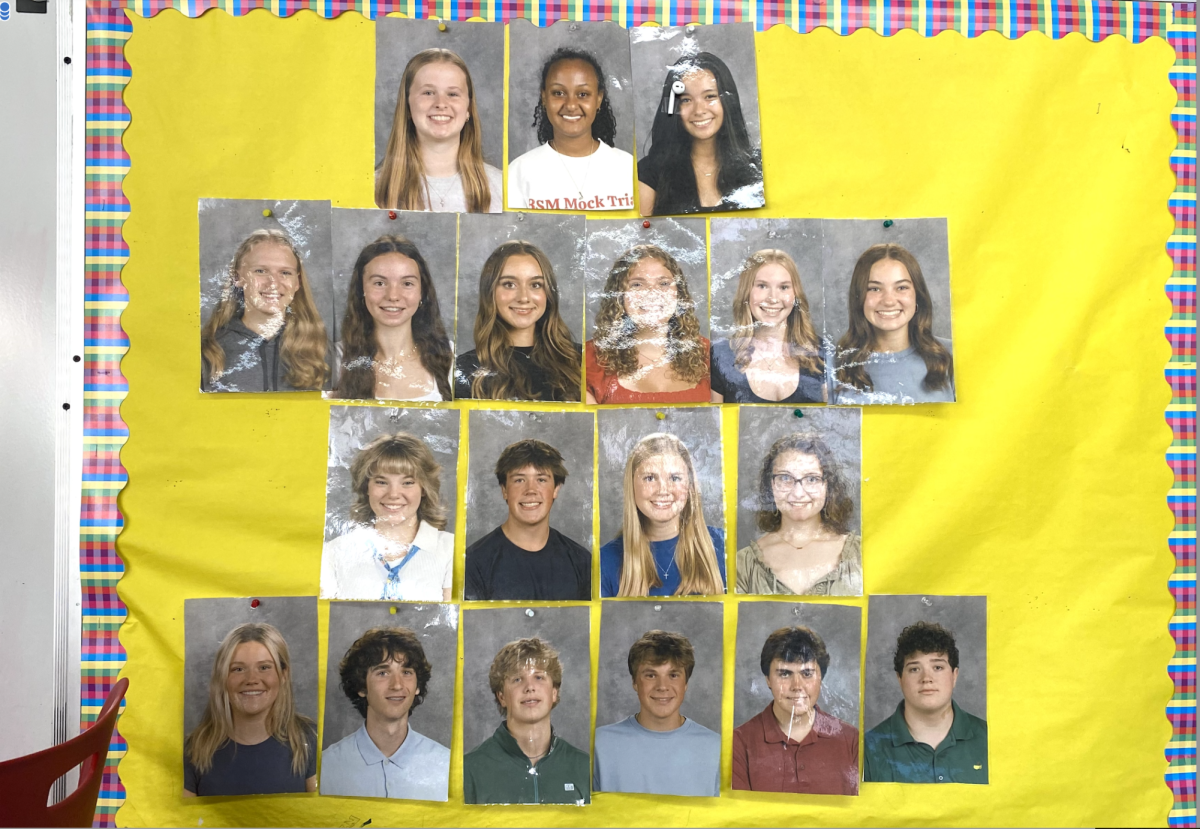“Stonewall” lacks historically significant diversity in cast
The Stonewall riots are arguably the most instrumental part of the gay liberation movement that incited widespread acceptance of the LGBTQ+ community. The film Stonewall came out in order to give these riots and the leaders of these riots the recognition and honor they deserve. While the movie may have had honorable intentions, the result was yet another disappointing, whitewashed––when white actors are cast to play characters of another race––symptom of a greater problem in Hollywood.
To truly understand the problem with Stonewall, one must first understand the history of the riots. The riots were a reaction by many LGBTQ+ community members when the police raided a local bar called Stonewall Inn. Police raids were not uncommon, but that night people refused to cooperate. They were tired of being arrested for who they were, and the situation quickly escalated.
The police were trapped inside Stonewall, and the rioters were desperately trying to get in. People began throwing projectiles at the windows and doors. One of the first to throw a stone was African American drag queen Marsha P. Johnson. The others among her were outcasts in every part of society, even the LGBTQ+ community: the drag queens, prostitutes, people of color, and more flamboyant members of the community.
Stonewall had the opportunity to give the LGBTQ+ community the representation that it desperately needs. However, Stonewall focused on a white, cis, gay boy from the midwest named Danny. While there were many people like Danny struggling in the 1960s, he is not the representation the community needs. White, cis, gay men are so often used in mainstream media to fill a diversity quota. It is a struggle to find accurately represented transgender people and LGBTQ+ people of color in the media.
For many, this movie brought hope for more diverse cast members and characters. If any movie should be able to deliver diversity for the LGBTQ+ community, it should be the one about the community and its tribulations. To this day, trans people and drag queens and kings are outcasted in both the greater society and in the LGBTQ+ community. One great leader of the Stonewall riots was a transgender woman of color named Miss Major Griffin-Gracey. Hardly anyone knows her name, and Stonewall had the chance to change that.
Marsha P. Johnson was an African American drag queen who continued to incite change long past the Stonewall riots. Thankfully, Marsha was included in the Stonewall movie; however, she was a minor character at best and didn’t get nearly the honor she deserved.
So often in Hollywood we see white actors being cast in favor of other races even when it is not historically accurate. Take the movie Aloha, for example: Emma Stone, a white actress, was cast as a character of Chinese and Hawaiian descent. Most of the time when movies are whitewashed, it is ignored, which is why Hollywood continues to get away with it. That is exactly why we cannot let Stonewall and other movies like it get away with whitewashing significant historical events involving people of color.
Stonewall’s focus on Danny was a devastating missed opportunity. The movie could and should have been about the minorities who started the movement. Putting Danny as the main protagonist is simply an attempt to appeal to a wider demographic and is a gross misrepresentation of LGBTQ+ history. He is meant to give white cis men someone to relate to as opposed to accurately portraying the unsung leaders of the riots.
Ignoring the black trans women who incited the riots and greatly furthered the gay liberation movement is an unforgivable offense from a movie that pretends to be about LGBTQ+ history. This movie shouldn’t have been about making history more relatable, it should have been about educating people as to what really happened.
The Stonewall riots aren’t taught about in schools. Unless you are curious about Stonewall and research it yourself, you wouldn’t hear about it in everyday conversation. Stonewall had the opportunity to change that, and blew it. It was a disappointment to the LGBTQ+ community that showed how far our world is from true equality.
**This story was edited to reflect a change in the accepted terminology. Previously, this article referred to the LGBTQ+ community as the LGBT+ community.**




































![Teacher Lore: Mr. Hillman [Podcast]](https://bsmknighterrant.org/wp-content/uploads/2025/03/teacherlorelogo-1200x685.png)




